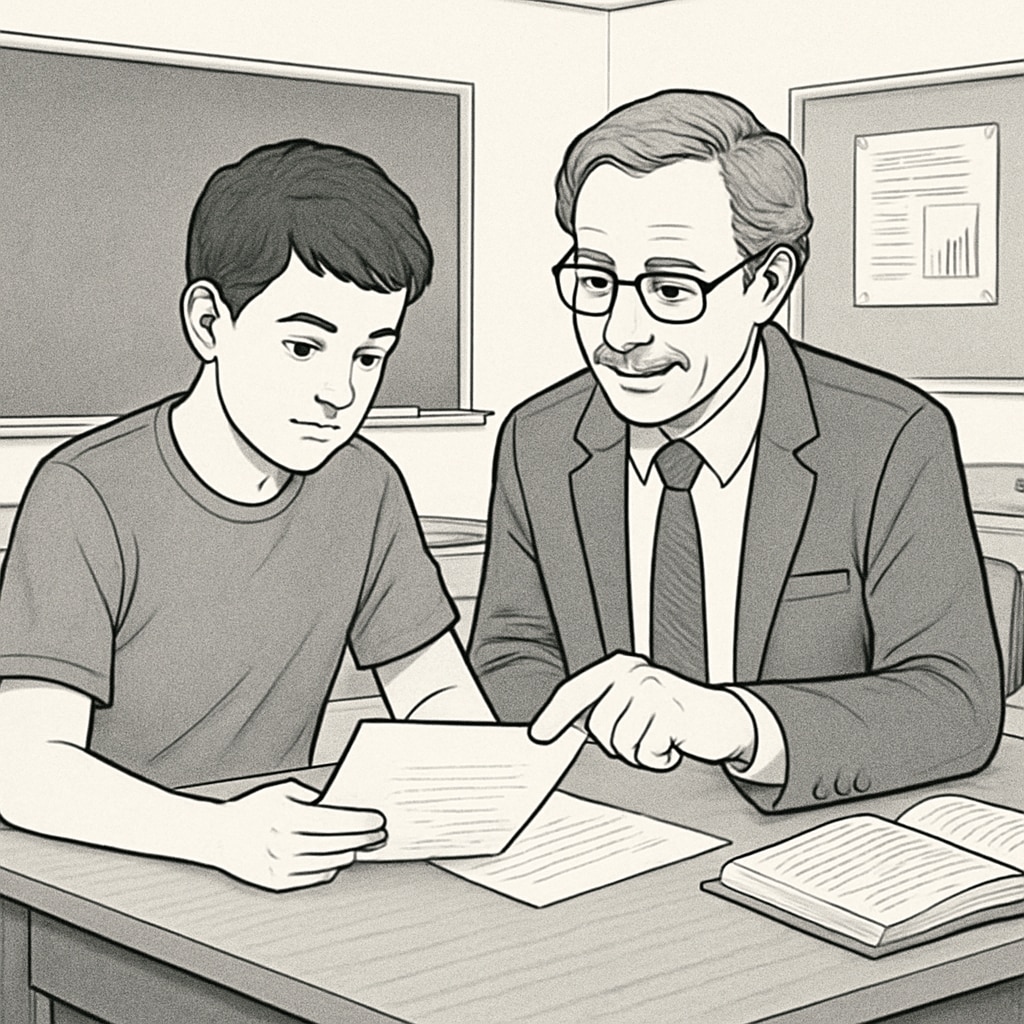Accusations of plagiarism can have a profound impact on students’ lives, especially when professors wrongly accuse them. Such claims not only jeopardize academic records but also damage students’ mental health and trust in the educational system. This article examines the reasons behind these wrongful accusations, their consequences on students, and the need for a more transparent and fair academic integrity evaluation system.
Understanding Wrongful Plagiarism Accusations
Plagiarism, defined as the act of copying someone else’s work and presenting it as one’s own, is a severe violation of academic integrity. However, wrongful accusations of plagiarism often arise due to misunderstandings, biases, or the misuse of plagiarism detection tools. For instance, automated tools like Turnitin or Grammarly may flag common phrases or citations as plagiarized, even when they are properly referenced.
Additionally, unconscious biases may influence professors to suspect certain students more than others based on their writing style, cultural background, or perceived abilities. This creates an environment where innocent students are unfairly targeted, leading to significant distress.

The Consequences of False Accusations
When professors wrongly accuse students of plagiarism, the consequences can be devastating. Below are some common impacts:
- Psychological harm: Students may feel anxiety, stress, and humiliation, which can affect their mental health and self-esteem.
- Academic setbacks: A false accusation might lead to penalties such as failing a course, academic probation, or even expulsion.
- Erosion of trust: Students may lose faith in their professors and the broader educational system, making it harder for them to engage in their studies.
For example, in one widely publicized case, a high school student was accused of plagiarism for using advanced vocabulary, despite providing evidence of their independent research. The emotional toll of such accusations often lingers long after the matter is resolved.
Preventing and Addressing Wrongful Accusations
To mitigate the harm caused by wrongful plagiarism accusations, educators and institutions must adopt more transparent and equitable practices. Here are some recommendations:
- Improve training: Teachers and professors should receive training on how to use plagiarism detection tools effectively and interpret their results correctly.
- Encourage dialogue: Before making accusations, educators should discuss concerns with students and allow them to explain or clarify their work.
- Implement fair policies: Schools should establish clear, standardized procedures for handling plagiarism accusations, including providing students with opportunities to appeal.
In addition, students can protect themselves by maintaining detailed records of their research process, properly citing sources, and seeking assistance when unsure about academic guidelines.

Building a Fairer Academic Integrity System
Ultimately, the goal of addressing plagiarism should be to educate students about ethical academic practices, rather than to punish them unjustly. By fostering a culture of mutual respect and understanding, educators can create an environment where students feel supported rather than targeted.
For further reading on academic integrity and plagiarism, refer to resources like the Plagiarism entry on Wikipedia or the Plagiarism article on Britannica.
In conclusion, wrongful plagiarism accusations not only harm students but also undermine the values of fairness and justice in education. By adopting better practices and fostering open communication, educators can ensure that academic integrity is upheld without compromising students’ rights and well-being.
Readability guidance: Use concise language and short paragraphs to enhance clarity. Include transition words like “however,” “therefore,” and “for example” to improve flow. Avoid excessive use of passive voice and long sentences.


